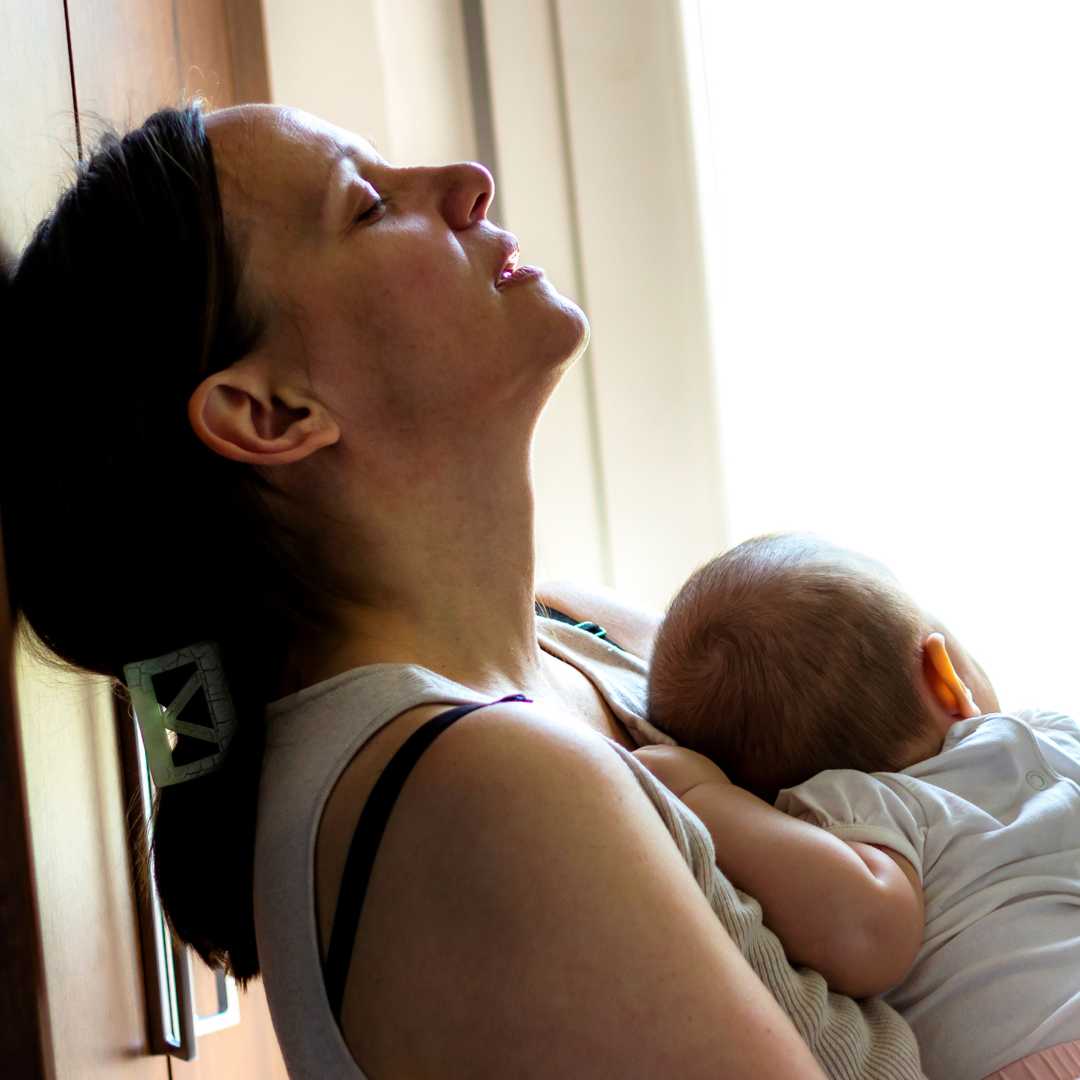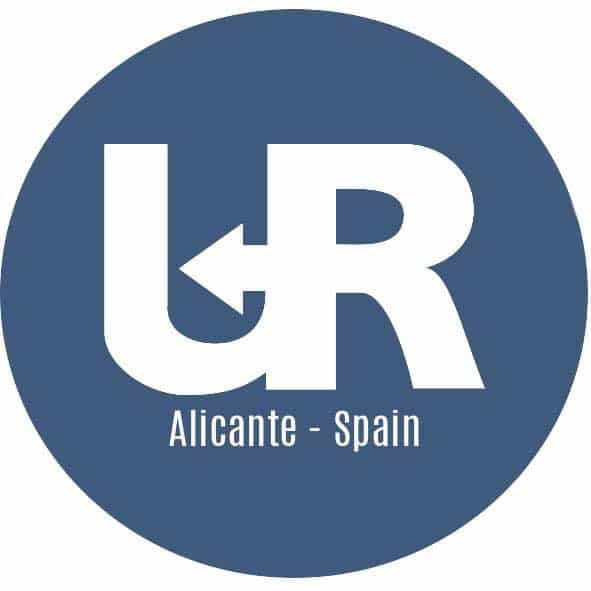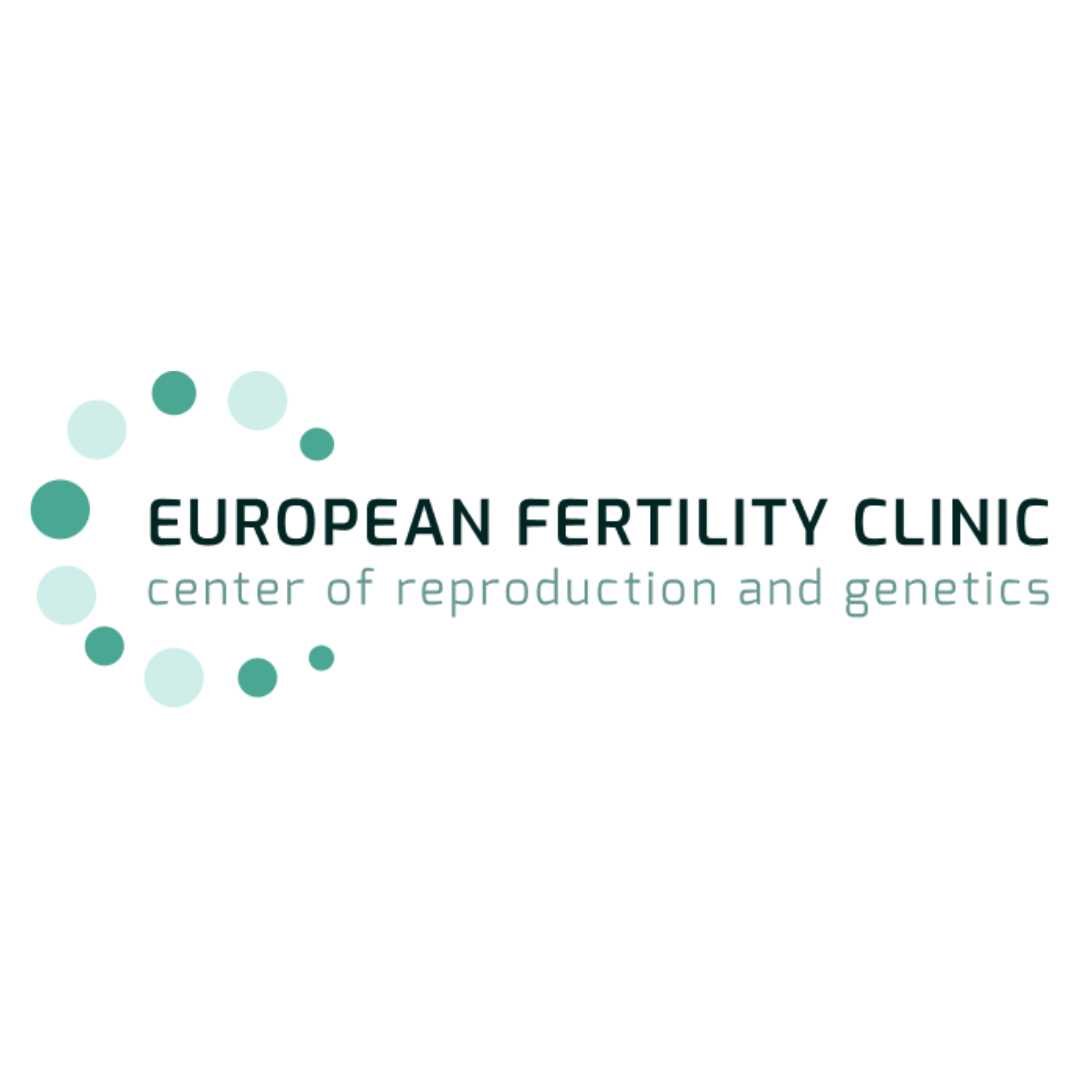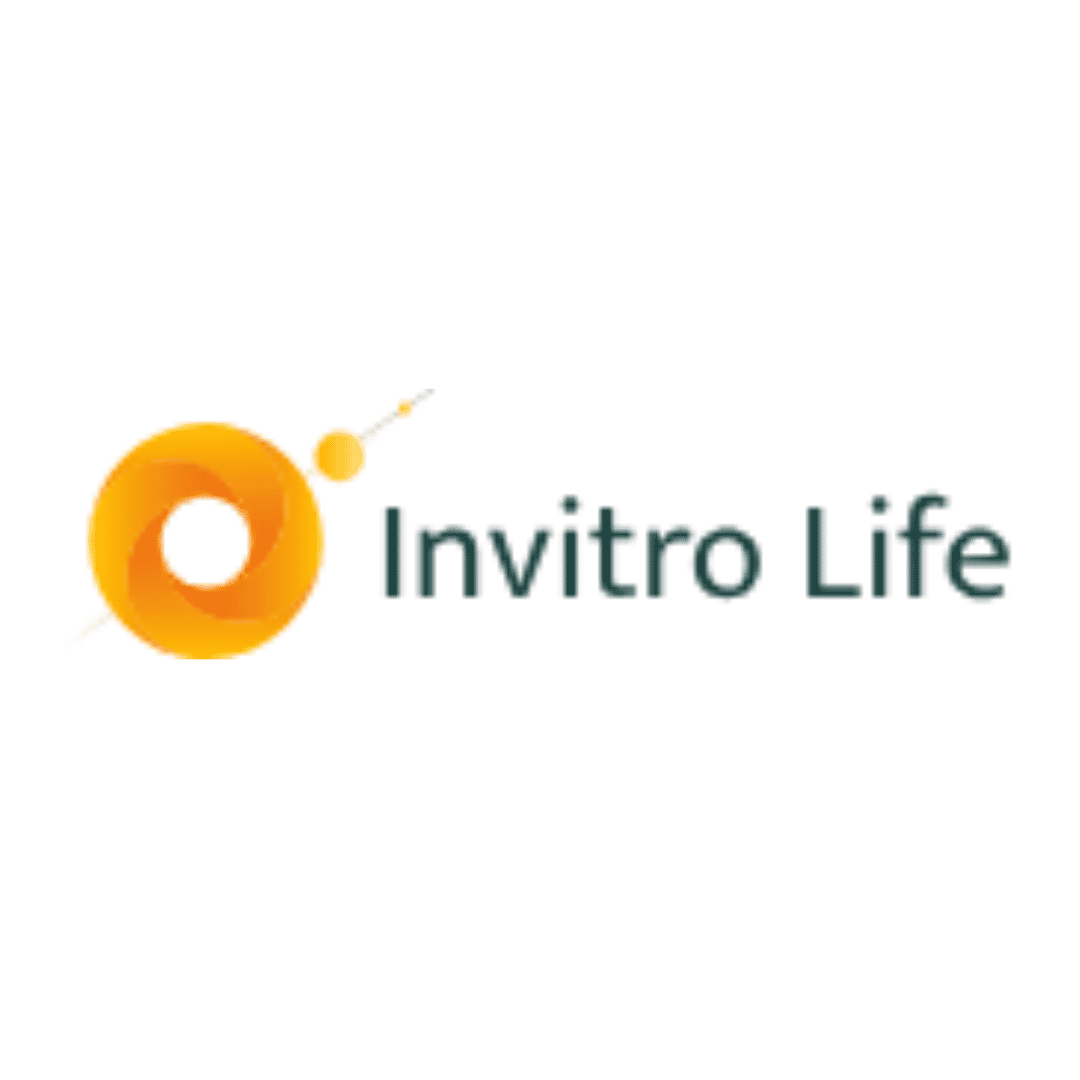Is Spain the Best Country in Europe for Fertility Care?
"Spain has become a leading destination for fertility treatments due to its advanced laws, high success rates, and affordable, high-quality care, making it an attractive option for individuals and couples worldwide."

Spain has emerged as a global leader in the field of assisted reproduction, attracting thousands of individuals and couples from across the globe seeking to build their families. The country's popularity as a fertility tourism hub is not accidental; it's the result of a combination of progressive legislation, cutting-edge medical technology, highly skilled professionals, and a patient-centric approach to care. Whether you are considering in vitro fertilization (IVF), egg donation, or other fertility treatments, Spain offers a welcoming and effective environment to help you achieve your dream of parenthood. This comprehensive guide will delve into the key reasons behind Spain's success and answer the most pressing questions you may have.
What Makes Spain a Preferred Destination for Fertility Care?
"Spain's popularity for fertility treatments stems from its progressive legal framework, high success rates, world-class clinics, and the availability of a wide range of treatments for all family types, including single women and same-sex couples."
Spain has cultivated a reputation for excellence in reproductive medicine. The country's approach is built on a foundation of ethical practices and a commitment to patient well-being. The legal system in Spain is one of the most liberal in Europe, offering access to treatments that may be restricted or unavailable in other countries. This, combined with the presence of numerous state-of-the-art fertility clinics staffed by experienced specialists, creates a highly favorable environment for those seeking fertility assistance.
Furthermore, the emphasis on research and development within Spanish fertility clinics ensures that patients have access to the latest advancements in assisted reproductive technologies. This commitment to innovation translates into higher success rates and a greater chance of a successful pregnancy. The overall patient experience is also a significant factor, with many clinics providing multilingual support and comprehensive care packages that include emotional and psychological support.
How Much Cheaper is IVF in Spain Compared to the UK and US?
"IVF treatment in Spain is significantly more affordable than in the UK and the US, with costs for a standard IVF cycle often being 50-70% lower, even when factoring in travel and accommodation."
The cost of fertility treatment is a major consideration for many, and Spain offers a compelling financial advantage. In the United States, a single IVF cycle can cost between $20,000 and $30,000, while in the United Kingdom, the price for a private cycle typically ranges from £10,000 to £20,000. In contrast, the average cost of an IVF cycle with own eggs in Spain is around €4,500.
This substantial price difference makes Spain an accessible option for many who might otherwise be unable to afford treatment. It's important to note that while the base price is lower, you should always inquire about what is included in the quoted price, as some clinics may charge extra for medications, consultations, or additional procedures like ICSI (Intracytoplasmic Sperm Injection). However, even with these potential add-ons, the total cost in Spain often remains significantly lower than in the US and UK.
What are the IVF Success Rates in Spain?
"Spain boasts some of the highest IVF success rates in Europe, with rates varying depending on the woman's age and the specific treatment, such as own egg IVF or egg donation."
Success rates are a critical factor when choosing a fertility clinic, and Spanish clinics consistently report impressive outcomes. The success of IVF is closely linked to the woman's age. For women under 35 using their own eggs, the clinical pregnancy rate per embryo transfer can be as high as 50-60% in some top clinics. For women between 35 and 39, the rates are also very good, often around 50%. As expected, the success rates for women over 40 using their own eggs are lower, but still competitive.
Where Spain truly excels is in egg donation treatments. Due to the country's large and diverse pool of young, healthy donors, the success rates for egg donation IVF are exceptionally high, often exceeding 60-70% per transfer. These high success rates are a testament to the quality of the donor eggs and the expertise of the embryologists and clinicians in Spanish fertility centers.
Are the Laws on Fertility Treatment in Spain Favorable for Foreigners?
"Yes, Spain's laws on assisted reproduction are among the most liberal and inclusive in the world, welcoming foreign patients regardless of their marital status or sexual orientation."
One of the primary reasons for Spain's popularity is its progressive legal framework for assisted reproduction. The Spanish Law 14/2006 on Assisted Human Reproduction Techniques is comprehensive and patient-friendly. It allows access to a wide array of treatments for single women, heterosexual couples (married or unmarried), and female same-sex couples.
This inclusive approach stands in stark contrast to the more restrictive laws in many other countries. For instance, some nations may have age limits for treatment or may not permit treatment for single women or same-sex couples. Spain's open and accepting legal environment provides a crucial pathway to parenthood for many who face barriers in their home countries.
What are the Regulations for Egg Donation in Spain?
"Egg donation in Spain is anonymous, altruistic, and strictly regulated by law, ensuring the health and safety of both the donor and the recipient."
Egg donation is a cornerstone of Spain's fertility tourism industry, and it is governed by a clear and ethical legal framework. A key aspect of this framework is the principle of anonymity. The identity of the egg donor is kept confidential, and the recipient will not know the donor's identity, nor will the donor know the identity of the recipient or any resulting children. Donors in Spain are between 18 and 35 years old and undergo rigorous medical and psychological screening to ensure their health and the quality of their eggs.
This anonymity, combined with the altruistic nature of donation (donors are compensated for their time and effort, not for their eggs), has led to a large and diverse pool of available donors. This means that patients from various ethnic backgrounds can often find a suitable donor, and there are typically no long waiting lists for egg donation treatment.
Is the ROPA Method for Same-Sex Couples Available in Spain?
"Yes, the ROPA (Reception of Oocytes from Partner) method is legally available in Spain for married same-sex female couples, allowing both partners to participate in the pregnancy."
The ROPA method, also known as shared motherhood or reciprocal IVF, is a unique and popular option for lesbian couples. This treatment allows one partner to provide the eggs (the genetic mother), which are then fertilized with donor sperm. The resulting embryo is then transferred to the uterus of the other partner, who will carry the pregnancy (the gestational mother).
Spain is one of the few countries where the ROPA method is legally recognized and regulated for married couples. This allows both women to be legally recognized as the mothers of the child from birth. The availability of this treatment is a significant draw for same-sex couples from countries where this option is not available.
What Should I Expect During a Fertility Consultation in Spain?
"A fertility consultation in Spain is a comprehensive process that includes a detailed medical history review, physical examinations, and a discussion of your personalized treatment plan and costs."
Your first consultation at a Spanish fertility clinic is a crucial step in your journey. You can expect a thorough and professional assessment. The consultation will typically involve:
- Medical History: The doctor will ask detailed questions about your medical history, menstrual cycle, previous pregnancies, and any prior fertility treatments.
- Physical Examination: A physical and gynecological examination, including a transvaginal ultrasound, will be performed to assess the health of your reproductive organs.
- Diagnostic Tests: Based on your initial assessment, the doctor may recommend further diagnostic tests, such as hormone blood tests, semen analysis for the male partner, and genetic screening.
- Treatment Plan: Following the evaluation, the doctor will discuss the most appropriate fertility treatment for your specific situation, outlining the steps involved, the expected timeline, and the potential success rates.
- Cost and Logistics: The clinic's patient care team will provide a detailed breakdown of the costs and discuss the logistical aspects of undergoing treatment in Spain, including travel and accommodation.
Are There Long Waiting Lists for Fertility Treatment in Spain?
"No, one of the significant advantages of seeking fertility treatment in Spain is the general absence of long waiting lists, especially for treatments like egg donation."
Unlike the public healthcare systems in some countries where waiting times for fertility treatment can be extensive, private fertility clinics in Spain are known for their efficiency and promptness. For most treatments, including IVF with own eggs, you can typically start your treatment cycle soon after your initial consultation and the completion of any necessary diagnostic tests.
This is particularly true for egg donation. Due to the large pool of anonymous donors, there are virtually no waiting lists to find a suitable egg donor. This means that patients can proceed with their treatment without the added stress and delay of a long wait.
Which Cities in Spain are Popular for Fertility Tourism?
"Major cities like Barcelona, Madrid, and Alicante are popular hubs for fertility tourism in Spain, offering a combination of top-rated clinics and excellent travel connections."
While fertility clinics are located throughout Spain, certain cities have become particularly popular destinations for international patients. These cities are not only home to some of the country's leading fertility centers but also offer excellent infrastructure, international airports, and a pleasant environment for patients to relax during their treatment.
- Barcelona: A vibrant and cosmopolitan city with a high concentration of world-renowned fertility clinics.
- Madrid: The capital city boasts numerous prestigious clinics and is easily accessible from all over the world.
- Alicante: Located on the Costa Blanca, Alicante offers a more relaxed, coastal setting with several top-tier fertility clinics.
What Do Patient Reviews of Spanish Fertility Clinics Say?
"Patient reviews of fertility clinics in Spain are overwhelmingly positive, frequently highlighting the high level of medical care, the compassion of the staff, and the positive overall experience."
Online forums and patient testimonials consistently praise the quality of care received in Spanish fertility clinics. Patients often comment on the professionalism and expertise of the medical teams, the modern and clean facilities, and the supportive and caring nature of the staff.
Many international patients also appreciate the multilingual support offered by clinics, which helps to ease the communication process and reduce any potential language barriers. The combination of successful outcomes and a positive patient experience is a recurring theme in reviews, reinforcing Spain's reputation as a top destination for fertility treatment.
What Kind of Support Can I Expect as an International Patient?
"International patients in Spain can expect comprehensive support, including multilingual staff, assistance with travel and accommodation, and emotional counseling services."
Spanish fertility clinics are well-versed in catering to the needs of international patients. Most top clinics have dedicated international patient departments with staff who speak multiple languages, including English, French, German, and Italian.
This support extends beyond medical care. Clinics often provide assistance with travel arrangements, recommend nearby accommodation options, and can help coordinate any necessary appointments. Many also offer psychological counseling and support groups to help patients navigate the emotional aspects of their fertility journey. This holistic approach ensures that international patients feel supported and cared for every step of the way.
Ready to explore your fertility treatment options in Spain? PlacidWay can connect you with leading, accredited fertility clinics in Spain and provide you with personalized, all-inclusive packages. Take the first step towards building your family today.


.png)






.png)






Share this listing